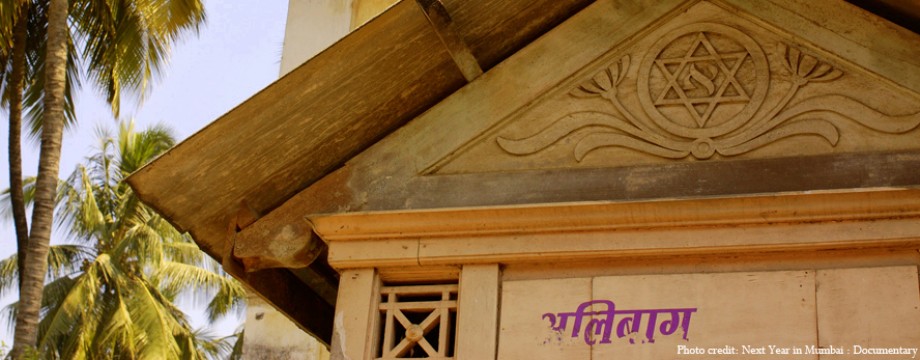The study of Jewish topographies has taken on new directions. This essay tries to relocalize Jewish space by expanding it beyond European and American cityscapes to include a broader Jewish geographic vision. As an example of a previously undiscovered Jewish area, the article looks at the summer resort of Alwaye (or Aluva), which is home to the Cochin (or Kochi) Jews of south India. In this vacation area, social boundaries between Paradesi (“White”), Malabar (“Black”), and “Meshuchrarim,” or manumitted slaves, were reproduced, influenced by hierarchical ideas of society in India. Rivka, nicknamed Dolly, was two years old when she died in Alwaye in 1909. For the first time in Cochin Jewish history, an elegy composed by Dolly’s father, community leader Isaac Elias (I.E.) Hallegua is mentioned. The understanding of the space in which the death occurred, as well as the interconnection between Jewish holiday space and Jewish quotidian space, is hoped to add to the ever-expanding field of Jewish landscape research.
Source: https://www.tandfonline.com/doi/abs/10.1080/14725880903263044?journalCode=cmjs20


